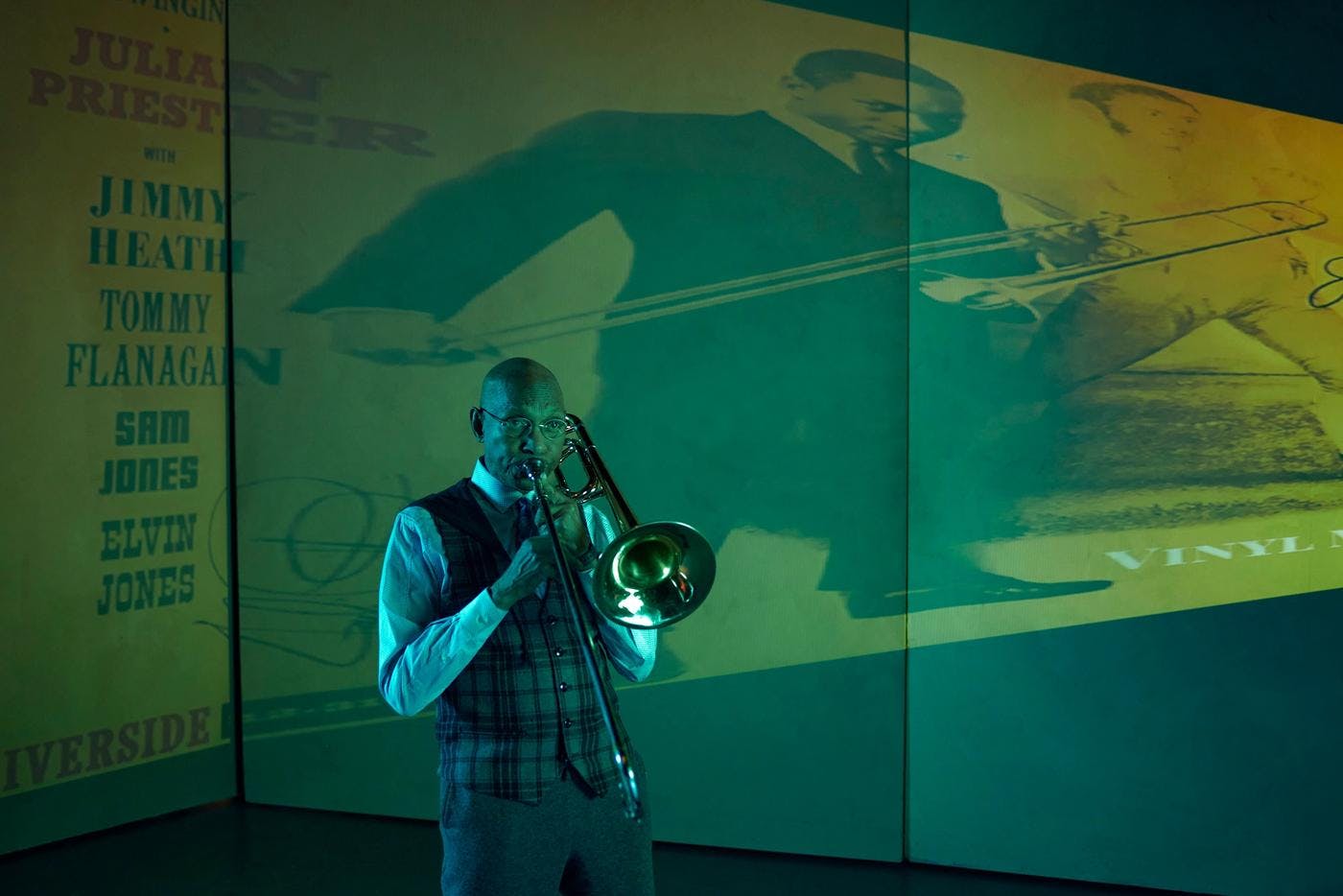
Julian Priester
A fount of knowledge for the jazz community, the trombonist and living legend is shaping the next generation of Seattle musicians.
For three decades, this Seattle DJ electrified the airwaves, paving the way for future Black radio personalities.
by Jas Keimig / May 14, 2024

For Seattle rap legend Nasty Nes, meeting DJ Robert L. Scott felt monumental.
As a young teenager in the early 1970s, Nes first discovered Scott when he stumbled onto his KJR-AM show while Scott was spinning the R&B classic “Oh Girl” by the Chi-Lites. (The song’s lyrics spoke to Nes, who was crushing hard on a girl.) From then on, Nes tuned in to Scott’s Seattle-based show all the time. “I just loved his gift of gab,” Nes remembers. “His voice, the way he spoke was so smooth and ladies loved that.”
One day, a 15-year-old Nes decided to meet Scott himself. He strode into the Downtown radio offices on Third Avenue and University Street to ask his DJ idol for a job.
“He told me no, he can’t hire me and he told me why, but I didn’t care. I was just like, ‘Man, I’m meeting Robert L. Scott!’,” says Nes, who would eventually go on to host the first all-rap radio show on the West Coast (at Seattle’s KFOX) and become a huge figure in Seattle’s hip-hop scene, known for starting influential rap label Nastymix Records. “It was like meeting Taylor Swift. That’s how big he was to me.”
In those days, radio was dominant, and Scott was the man. For 30 years, Seattle could turn on the radio and hear his smooth, dulcet voice resonating over the airwaves. A smart dresser with a neatly picked out ’fro and a big smile, he was the epitome of cool.
Scott broke barriers as the first Black DJ at a top-40 Seattle radio station, KJR, in 1972, and he’s best remembered for his stint at KYAC, Seattle’s first Black-owned radio station. But he also worked at KKFX (K-FOX), KWJZ, KEZX, KZAM and KRIZ before his untimely passing in 1998 at age 44.
Those who knew him remember him for his commitment to uplifting the Black community.
Over the course of his career, Scott mentored several up-and-coming DJs, hosted radiothons for Black causes, promoted Black businesses and focused on the Black community at a time when radio was the primary means of social and political connection.
Being on the airwaves put Scott at ease. “I’m a whole lot more open on the air than I am in person,” Scott told the Seattle P.I. in 1975. “I feel free and happier. If I have a riptorn argument with one of my girls, I can get on air and it’s gone.”
Radio had always been a deep part of Scott’s life. Born in Seattle in 1953, he grew up between the Central District and the South End. In grade school, Scott later told the P.I., he would gaze up at the city’s radio towers while riding in his parents’ car. Fascinated, he gathered career pamphlets on how to become a disc jockey — it felt like his destiny.
In 1967, at 14, he made that dream a reality when he talked the station manager at the University of Washington’s KUOW into letting him put together a weekend jazz show. The very next year, he set his sights on KYAC, which was the Black radio station back then, spinning tunes by artists like Stevie Wonder, Diana Ross, Donna Summer and George Benson.
“I was on a [KYAC] radio show and he was calling in for a request and I told him, ‘You have a great voice,’” says radio veteran DJ Frank P. Barrow, Scott’s friend and mentor. “We talked a little bit, two or three different times, and I said, come on down to the station. Simple as that.”
On his 15th birthday, October 25, 1968, Scott became a weekend DJ at KYAC. Bought by Black radio pioneer Don Dudley in 1971, the station spun funk, soul and R&B; hosted radiothons for causes like the United Negro College Fund; interviewed important political figures like Stokely Carmichael and Angela Davis and even put out a soul food cookbook.
By the time Scott graduated from Rainier Beach High School in 1971, he went full-time at KYAC as the station’s morning host.
“That was [Robert’s] thing. He wanted to use his voice, which was his primary money-maker, and his love for radio to really uplift the community in some way,” says Vivian Phillips, arts advocate, Scott’s ex-wife and a former KYAC DJ herself.
From KYAC, Scott bounced over to KOMO briefly in 1972 before landing at KJR when he was barely 20. Scott understood the importance of representing the Black community on mainstream (and all-white) Top-40 radio, but he missed working in Black radio. “I know that Robert faced a lot of challenges,” Phillips reflects on his time at KJR. “I can’t articulate them specifically, but I do know that he carried a heavy burden.”
So in 1975, Scott went back to his roots, becoming music and program director at KYAC. (His alter ego, “Jack Friday,” also occasionally read the news or filled in on a shift — though everyone apparently knew it was him.) As a leader at the station, Scott took a hands-on approach; his radio philosophy demanded holistic understanding.

“Try and be exposed to every aspect of radio from sales and news to engineering. It’s especially important to know all of these things if you want to be a [program director],” he advised aspiring DJs in Sidney Miller’s Black Radio Exclusive magazine in 1979. “I mean, how can you understand what your traffic director is talking about when you’re trying to set up stoptimes and events on the log, if you’re not aware of all facets of the operation?”
Sometimes that meant calling his DJs on the radio hotline to give them feedback.
“You knew when that light went on that it was going to be Robert on the other end. He could be, like, 30 feet away from the studio and he would call me and be like, ‘OK, so that last transition you did? I’m not really sure that that was right. You might want to work on that,’” Phillips remembers, laughing. “He was always on the hotline. It’s so funny because you think, does this man ever not listen to the radio? Is there ever a time when he’s not listening?”
He was always listening, attuned to whatever changes to the cultural and music landscape might lie ahead. He’d started out spinning jazz, then moved into funk and R&B. Hip-hop came next: When a little song called “Rapper’s Delight” by The Sugarhill Gang dropped in 1979, Scott played the tune on KYAC — the first hip-hop record ever played on Seattle radio. Shortly after, Seattle’s own hip-hop scene got jumping with rap-focused clubs, parties and talent popping up around town.
“He planted the seed,” says Nasty Nes, whose groundbreaking hip-hop radio show FreshTracks later introduced a generation to Sir Mix-a-Lot and Emerald Street Boys. “I don’t think he meant to do that, but [hip-hop] was something so brand-new.”
KYAC declared bankruptcy in 1980 and was sold. When it became KKFX (KFOX) in 1981, the station ceased to be Black-focused. Scott stepped back from his director positions there and got a job at radio conglomerate Entercom Seattle, where he handled ad sales for stations like KIRO, KING, and KNWX in the ’80s and ’90s. But he always remained on the air at KFOX in some capacity.

“My dad didn’t do anything else. He was always involved in radio in some way,” says his daughter Jazmyn Scott, executive director of Arte Noir in the Central District. Growing up, she remembered going into the station with her dad and collecting all his old promo records at home. “Whether he was on air or he was doing advertising, he was involved in radio broadcasts.”
Nes, who started at KFOX in the early ’80s, remembers seeing Scott around the station. “He always wore suits and he had a look about himself,” Nes recalls. “He walked around with confidence. He knew he was Robert L., he wasn’t going to pretend like he wasn’t.”
When Scott died, he had been on the radio more than half his life. His work left an impact on people. From influencing DJs like Nes to leading the way for more inclusive mainstream radio, his legacy lives on in Seattle’s Black community with DJs like Barrow, Riz Rollins, Sharlese, Larry Mizell, Jr. and Tony Benton.
For folks who listened to Seattle radio in the ’70s, ’80s and ’90s, Scott’s presence on the airwaves and in the community remains indelible. As Phillips says, “You can ask people randomly, ‘Do you remember Robert L. Scott? And they go, ‘Yes! Of course I remember!’”
Black Arts Legacies Season 3 is made possible in part thanks to support from 4Culture.

Black Arts Legacies Writer
ARTIST OVERVIEW

DJ, radio pioneer
(1953–1998)

A fount of knowledge for the jazz community, the trombonist and living legend is shaping the next generation of Seattle musicians.
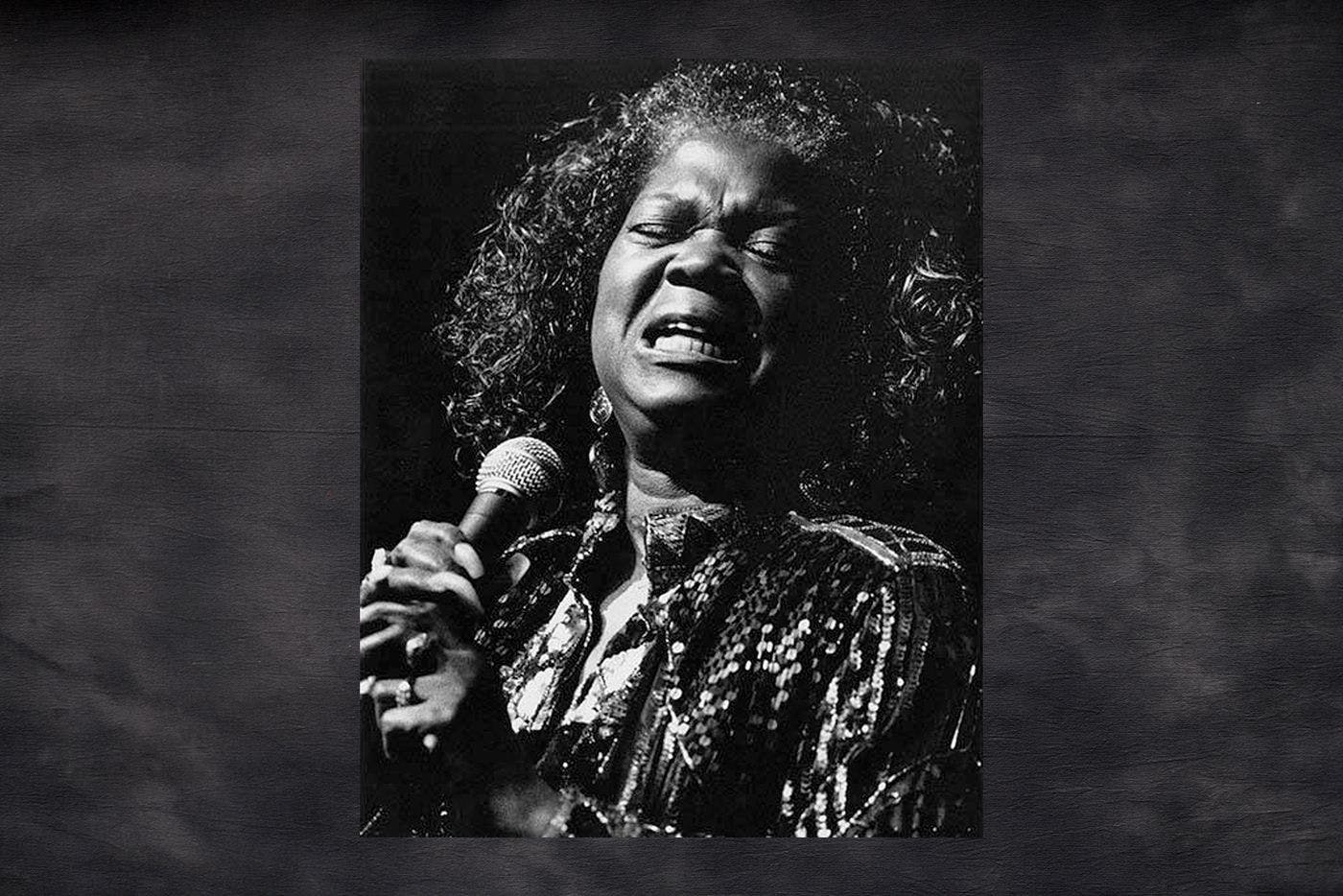
With a voice like ‘honey at dusk,’ the singer helped put Seattle’s early jazz and blues scene on the map.
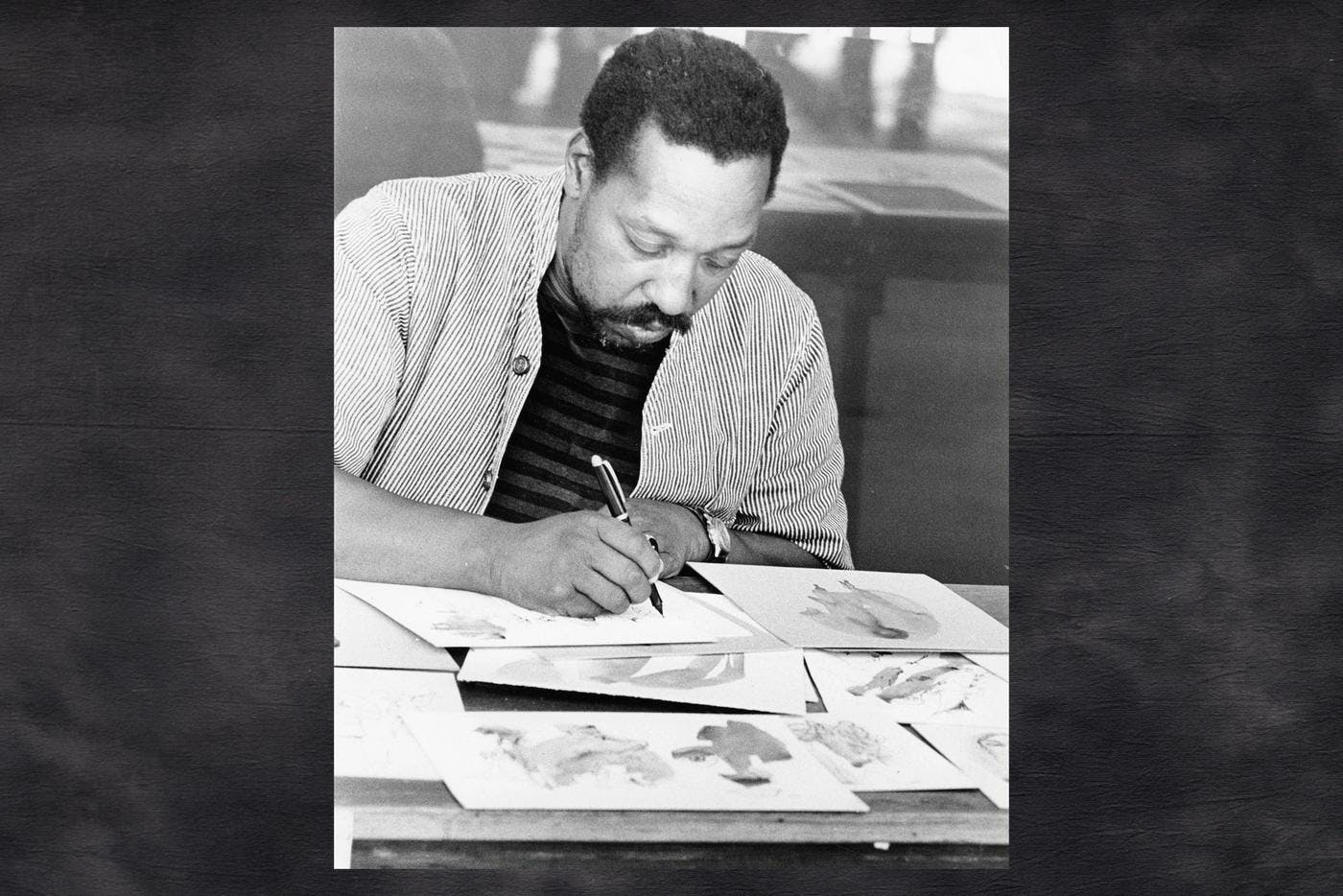
The first Black art instructor in Washington was an experimental artist ahead of his time.
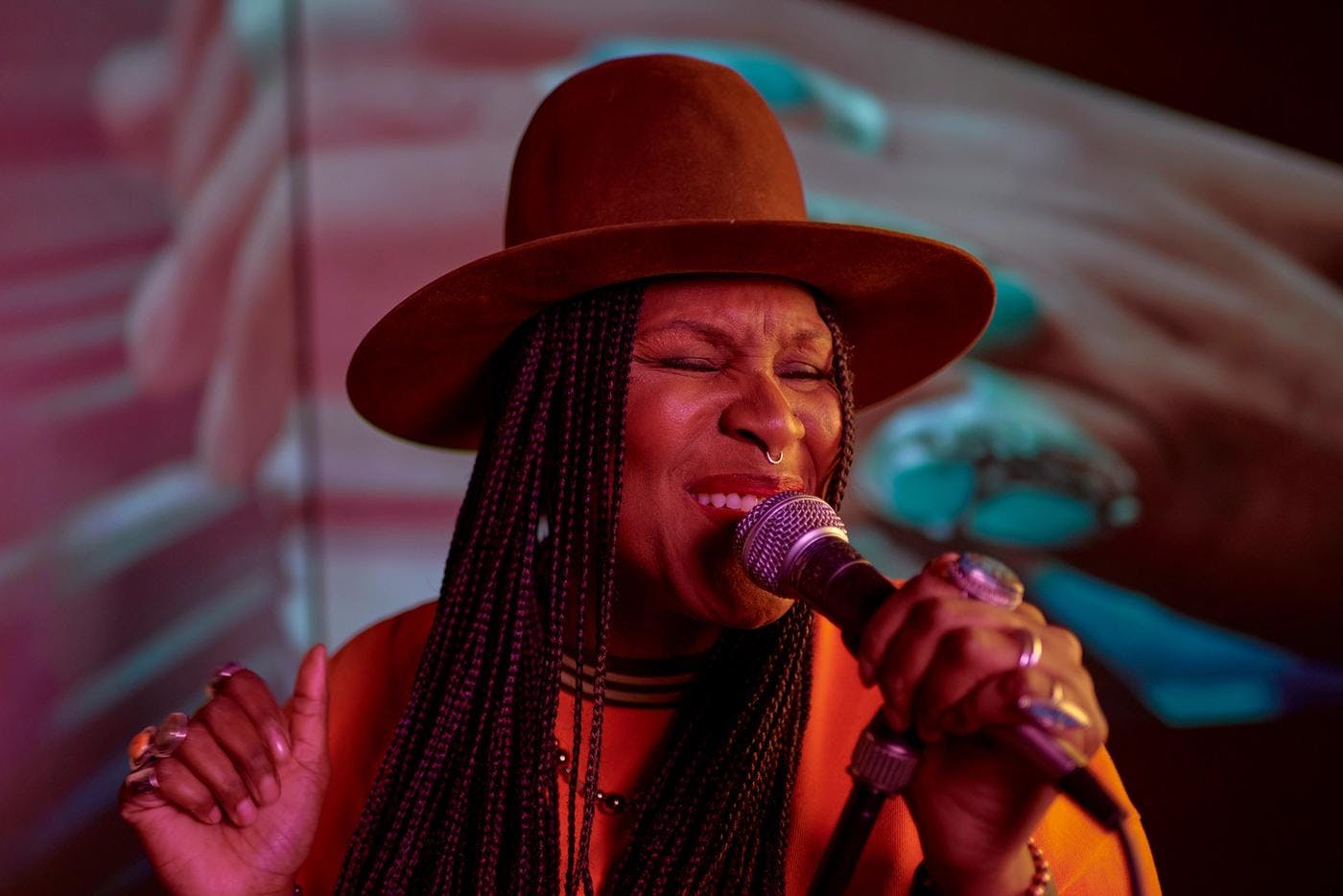
A poet at heart, this soul singer/songwriter is inspiring the next generation of Seattle musicians.
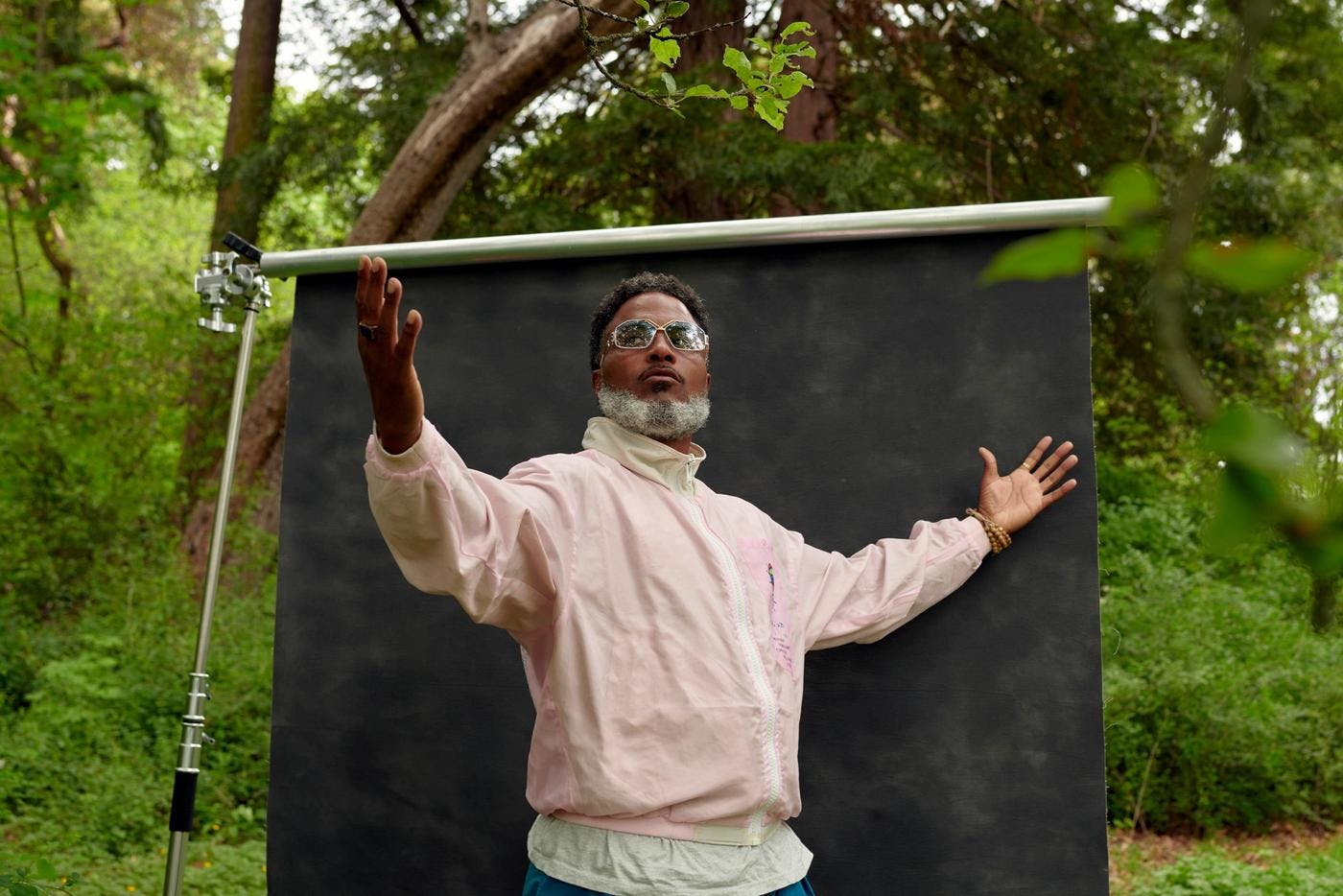
As a founder of Digable Planets and Shabazz Palaces, the Seattle rapper has pushed hip-hop to the outer limits.
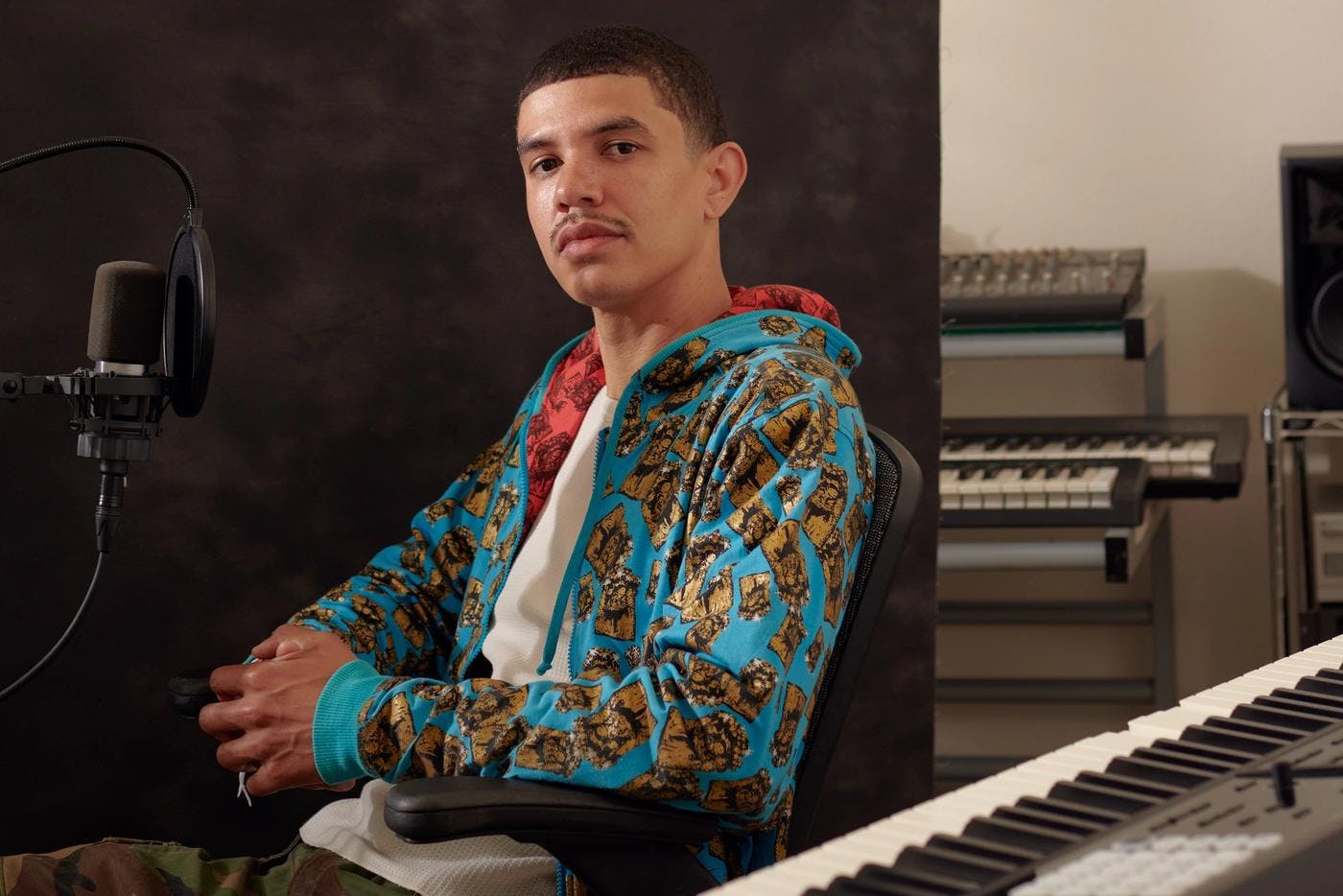
The Seattle rapper keeps his memories of the Central District alive with vivid lyrics and a jazz sensibility.
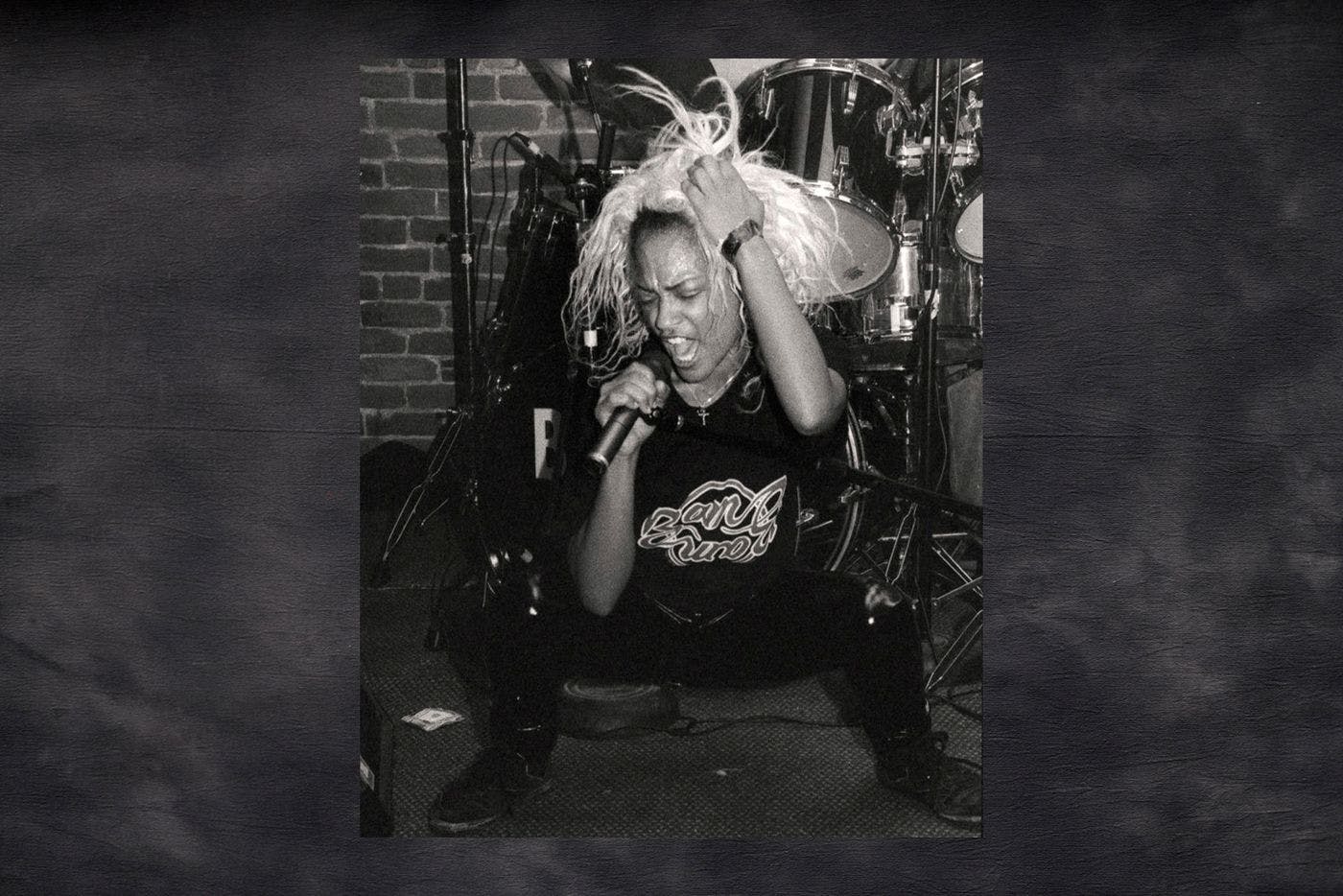
A pivotal figure in Seattle’s proto-grunge scene, the Bam Bam singer has been long-overlooked. Now, rock history is being rewritten.
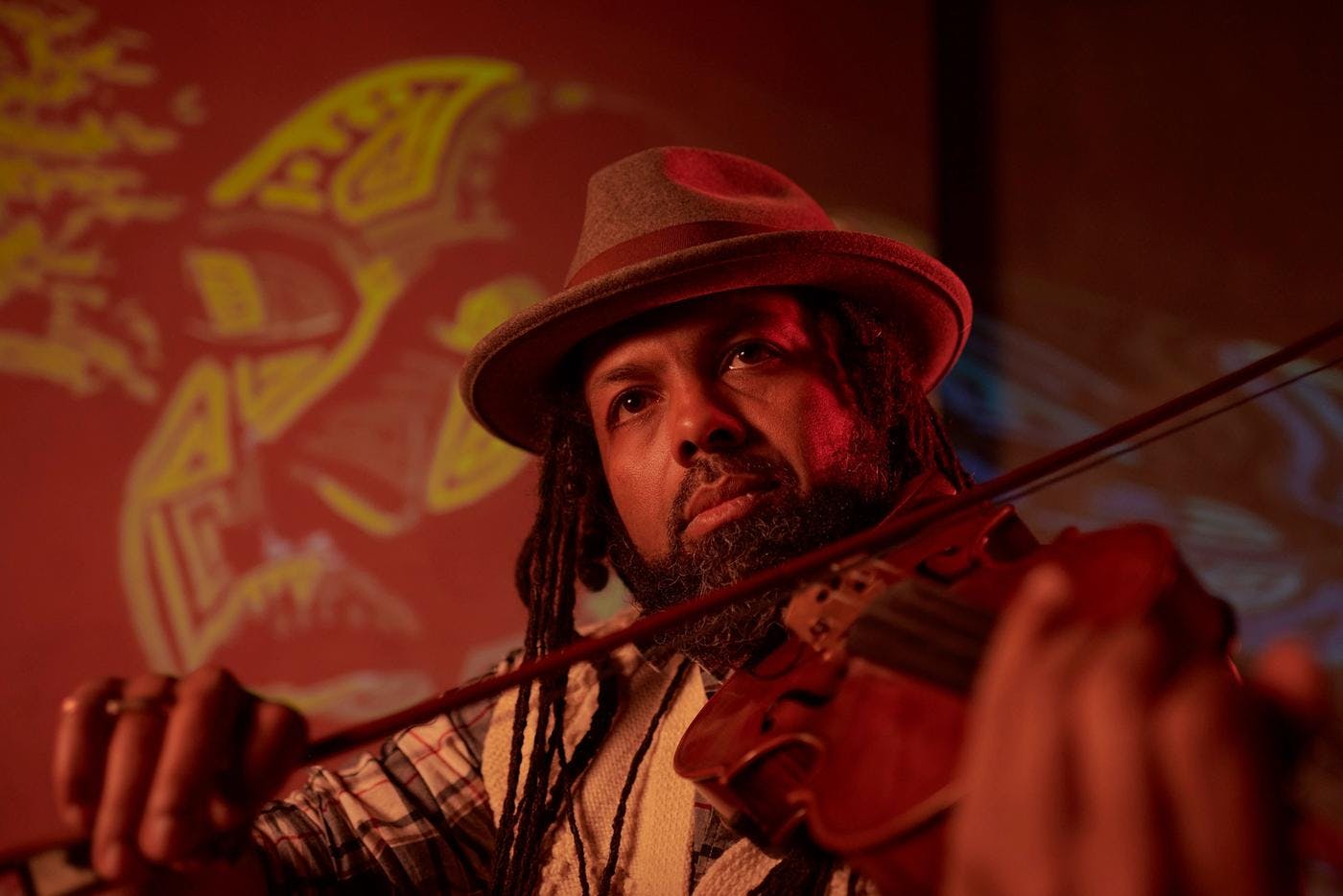
The talented multi-instrumentalist uses music to string communities together.
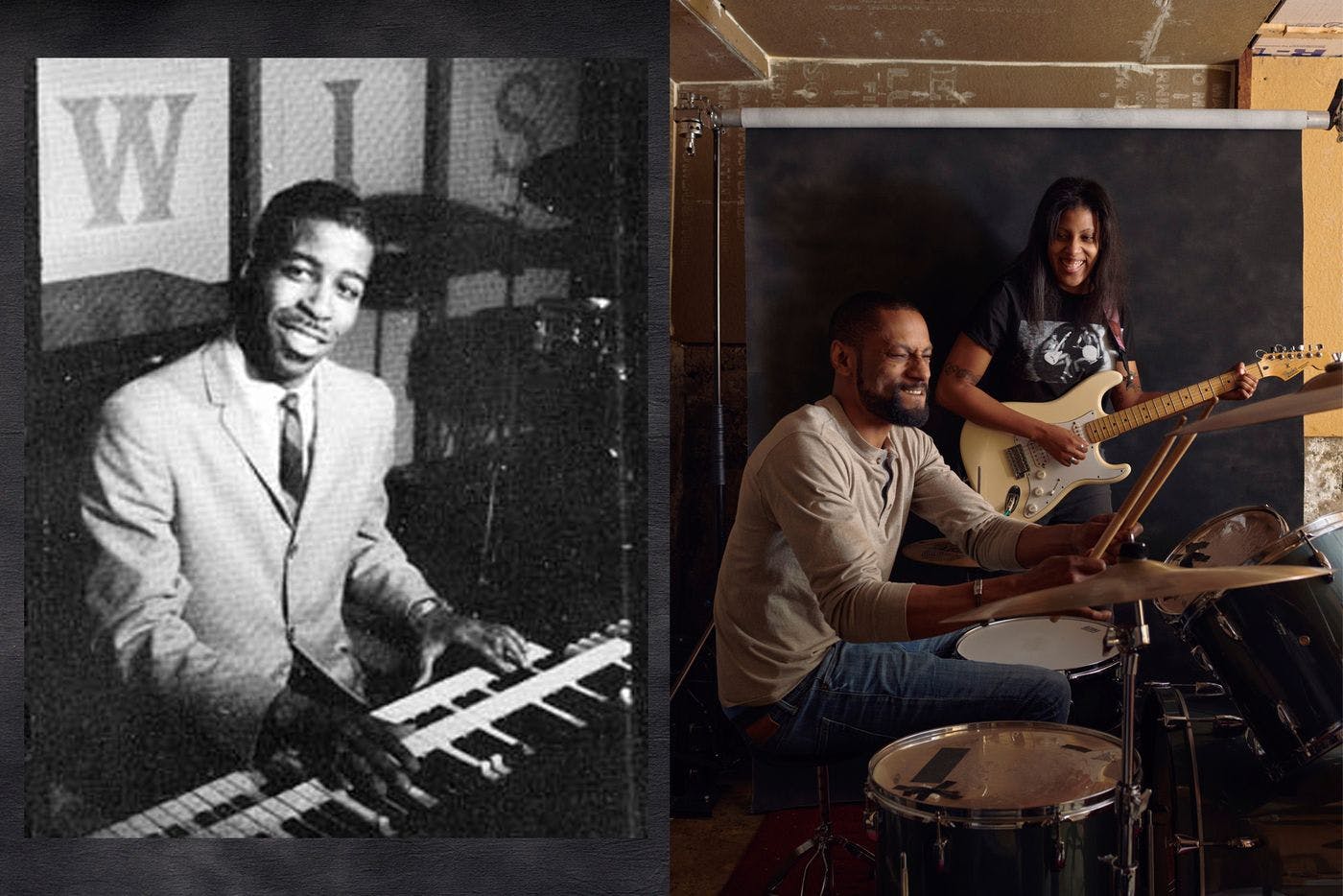
Meet a Seattle music pioneer and the band carrying the legacy of Northwest rock forward.

This beloved Seattle DJ found his divine calling in music — and in sharing it with others.

Composing meditative music with a looping pedal, this Seattle cellist has charted her own sonic path.
Thanks to our Sponsors
Your support helps Crosscut create projects like Black Arts Legacies. Learn how you can help with a one-time donation or recurring membership.
Support Crosscut